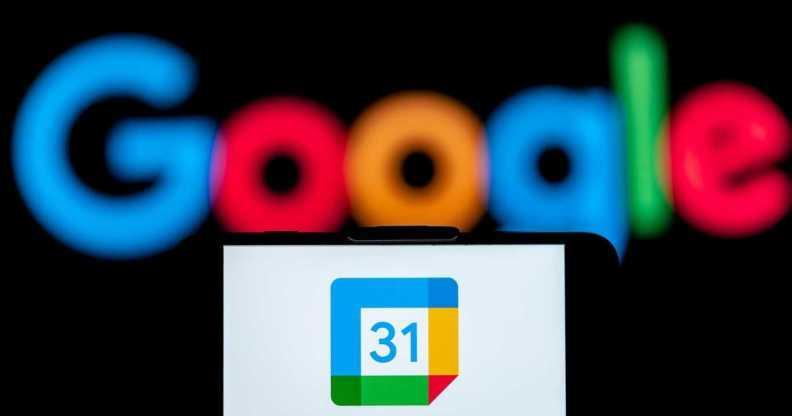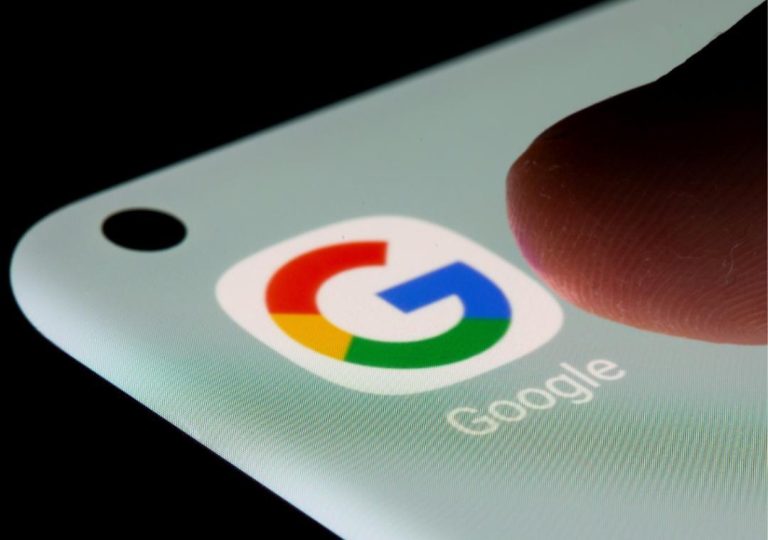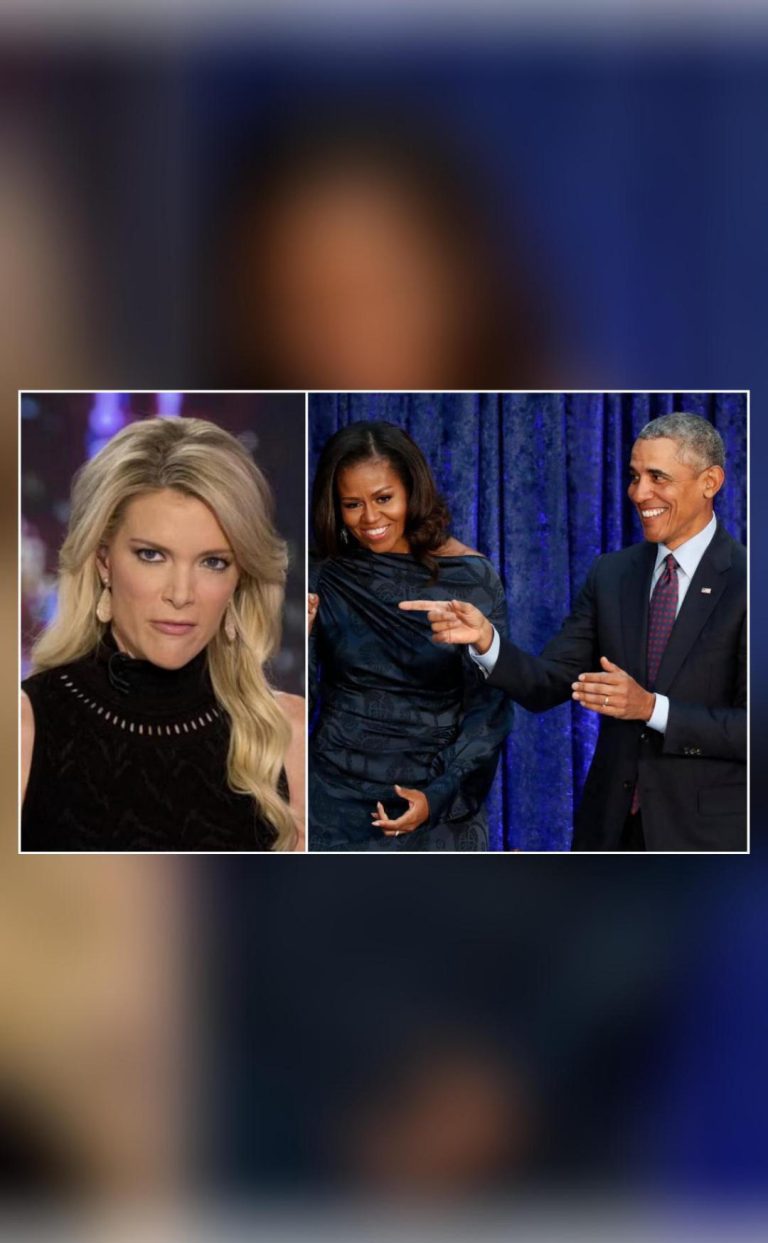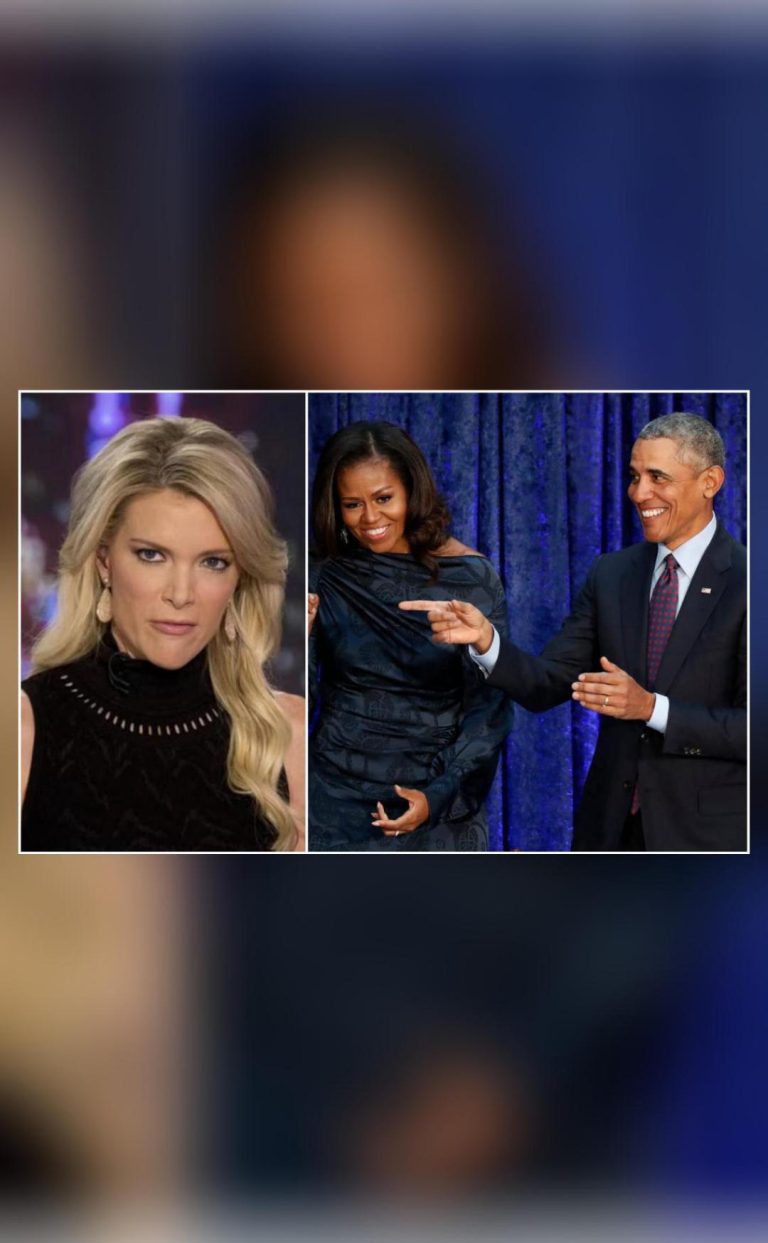
Google Removes Certain Holidays from Calendar App: A Blow to Cultural Representation in Tech?
In a move that has sent shockwaves through the tech community, Google has removed Women’s History Month, Black History Month, and LGBTQ+ holidays from its Calendar app. According to a report by Breezy Scroll, the decision was made due to the challenge of manually maintaining cultural observances globally. While users can still add events manually, the removal of these holidays has sparked debate over cultural representation in tech.
Google’s Calendar app has long been a staple of many users’ daily routines, providing a convenient way to stay organized and keep track of important dates and events. The app has also included a range of holidays and observances, from national holidays like Independence Day and New Year’s Eve to cultural celebrations like Diwali and Eid al-Fitr.
However, the removal of Women’s History Month, Black History Month, and LGBTQ+ holidays marks a significant shift in Google’s approach to representing cultural observances. The move is seen as a blow to the company’s efforts to promote diversity, equity, and inclusion (DEI) within its own ranks and in the broader tech industry.
The news comes on the heels of Google’s decision to scale back its DEI initiatives, citing a need to “streamline” its efforts. While the company has emphasized its commitment to diversity and inclusion, the removal of these holidays suggests a lack of commitment to actually implementing meaningful change.
The impact of Google’s decision is not limited to the tech industry. The removal of these holidays from the Calendar app sends a message that these cultural observances are not important or relevant. For many users, particularly those from marginalized communities, the Calendar app serves as a vital tool for staying connected to their cultural heritage and observing important milestones.
The removal of Women’s History Month, Black History Month, and LGBTQ+ holidays is particularly concerning, given the ongoing struggles these communities face. Women’s History Month, for example, is a critical celebration of the achievements and contributions of women throughout history. The removal of this holiday sends a message that women’s stories and experiences are not important or worthy of recognition.
Similarly, Black History Month is a vital celebration of the rich cultural heritage and contributions of African Americans. The removal of this holiday comes at a time when systemic racism and discrimination continue to plague the tech industry, and the lack of representation and inclusion is a major issue.
The LGBTQ+ community has also faced significant challenges in the tech industry, from discrimination and harassment to a lack of representation and inclusion. The removal of LGBTQ+ holidays from the Calendar app is a blow to this community, which has long been fighting for recognition and acceptance.
While Google has emphasized that users can still add events manually, the removal of these holidays from the Calendar app sends a message that these cultural observances are not important or relevant. The lack of representation and inclusion is a major issue in the tech industry, and the removal of these holidays is a step backward for diversity and inclusion.
In response to the backlash, Google has issued a statement, emphasizing that the decision was made due to the challenge of manually maintaining cultural observances globally. The company has also emphasized its commitment to diversity and inclusion, citing its efforts to increase representation and inclusion within its own ranks.
However, the removal of these holidays from the Calendar app raises serious questions about Google’s commitment to diversity and inclusion. The lack of representation and inclusion is a major issue in the tech industry, and the removal of these holidays is a step backward for diversity and inclusion.
As the tech industry continues to grapple with issues of representation and inclusion, the removal of Women’s History Month, Black History Month, and LGBTQ+ holidays from the Calendar app is a significant setback. The lack of representation and inclusion is a major issue, and the removal of these holidays sends a message that these cultural observances are not important or relevant.
As users, we deserve better. We deserve to see ourselves represented and included in the technology we use every day. We deserve to be recognized and celebrated for our cultural heritage and contributions.
The removal of Women’s History Month, Black History Month, and LGBTQ+ holidays from the Calendar app is a wake-up call for the tech industry. It is a reminder of the importance of representation and inclusion, and the need for meaningful change.
As we move forward, it is essential that we prioritize diversity, equity, and inclusion. We must work to create a more inclusive and representative tech industry, where everyone feels seen and heard.






